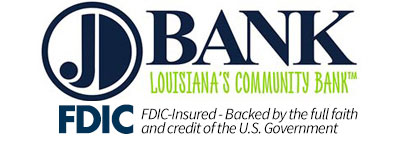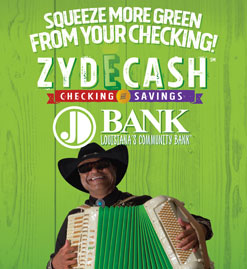
Safe online shopping tips for the holiday season
Reposted from us.norton.com
The holidays are here, and that means many of us are making purchases online to avoid large crowds and busy traffic. While online shopping has made our lives easier, the sensitive information we share when we shop on the Internet could expose us to online risks.
The holiday season may be a lucrative time for online retailers, but cybercriminals see the Christmas, Hanukkah and Kwanzaa celebrations as opportunities to profit as well.
If you plan to do any online shopping this year, it’s important to know how to identify a secure online store. The best way to help protect yourself from cybercriminals is to be proactive about security features available online and learn how they work.
Why protect yourself when shopping online?
Whether you know it or not, you’ve already benefited from security features developed to help protect personal data like passwords, usernames and credit card numbers. Websites designed by financial institutions, insurance companies and government agencies like the DMV usually contain sophisticated security features to help keep your private information safe from cybercriminals.
However, how often does one check the online security status of a preferred online retailer?
Cybercriminals are more sophisticated today than ever before. Online threats and data breaches are not limited to large corporations — anyone on the Internet can face online threats. For these reasons, it’s important to know what to look for to ensure a safe online shopping experience.
The top online shopping security features customers need
Unless you know what to look for, identifying the security features of online retailers can be difficult. Always look for an SSL Certification, which you can verify in a few ways:
- Look for the addition of an “S” to the “http://” at the beginning of a URL on pages where you enter a password or personal details. Some sites use SSL only on some parts of the site, like the homepage. But this doesn’t mean that the entire site is not secure.
- Search for visual cues that indicate a secure site, such as a lock symbol and green color in the address bar before you enter a credit card number or any confidential information. This indicates that your shopping session is secure and that the site is using encryption to protect your personal data. This protocol is known as SSL — Secure Socket Layer — encryption, and it protects online transactions by keeping data in transit confidential by encoding it. In other words, your information is not visible to cybercriminals.
Other ways to be secure while shopping online
While you’re shopping on a website, some of these security features may not be present. Here are some other tips on how to be safer while spreading the holiday cheer by buying gifts online.
- Don’t open emails from unknown senders or click on links to “deals” that seem suspicious. During the holiday season a phishing attempt may come in the form of an email advertising a sale you won’t want to miss, but the links within the email may direct you to a fake website that was built to capture your personal information. Have your guard up for emails and text messages advertising holiday deals that seem too good to be true. Although spam emails may seem harmless, never click on links or download files from unknown sources. Spam emails and bogus websites often contain typos or spelling and grammatical mistakes, so watch for those signs.
- Install the latest version of your Internet browser to avoid security holes, which are other ways malware can sneak onto your device.
- A virtual private network (VPN) encrypts your traffic so even if someone manages to eavesdrop, they’ll just see encrypted data when online. VPNs, like Norton Secure VPN, can turn public Wi-Fi into secured private connections.
- Use a comprehensive Internet security solution and ensure that it is always up to date.
- Beware of identity theft. You may not know right away if a criminal has obtained your financial information. You can be proactive by closely monitoring all of your financial accounts and signing up for text or email alerts if the institution offers them.
- Always use strong passwords, update them regularly, and never use the same password for multiple accounts. This is especially important for accounts that contain your personal information. Norton Identity Safe is a free tool you can use to manage your passwords.
- Finally, if you are still unsure about the credibility of a website you can use Norton Safe Web, a free online tool that can help identify risky websites as you shop.
- Shopping online is easy and convenient, provided that you’re vigilant about Internet security. Checking with organizations like the Better Business Bureau (BBB) can also help weed out poorly managed online shopping sites.









